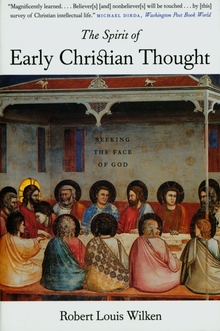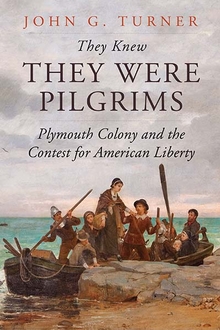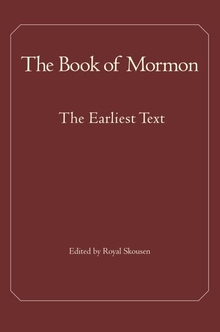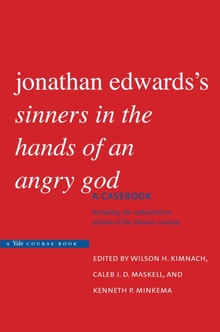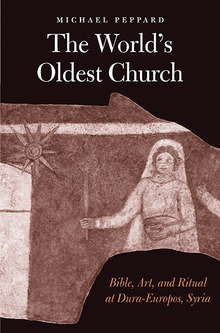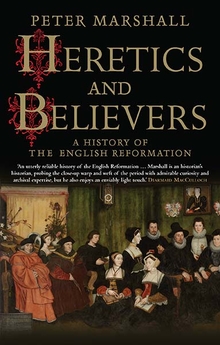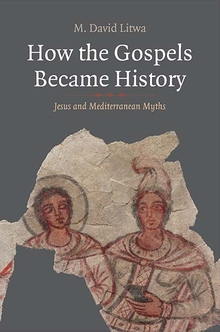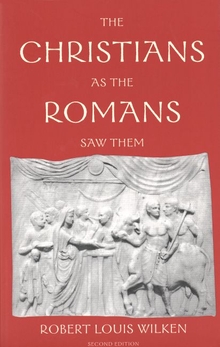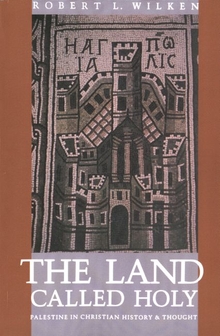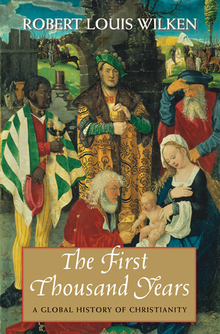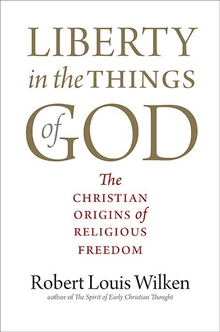The Spirit of Early Christian Thought
WARNING
You are viewing an older version of the Yalebooks website. Please visit out new website with more updated information and a better user experience: https://www.yalebooks.com
Seeking the Face of God
Robert Louis Wilken
"A delight to read. It is written as history ought to be, especially for nonspecialist readers."—Richard A. Kauffman, Christian Century
In this eloquent introduction to early Christian thought, eminent religious historian Robert Louis Wilken examines the tradition that such figures as St. Augustine, Gregory of Nyssa, and others set in place. These early thinkers constructed a new intellectual and spiritual world, Wilken shows, and they can still be heard as living voices in the modern world.
In chapters on topics including early Christian worship, Christian poetry and the spiritual life, the Trinity, Christ, the Bible, and icons, Wilken shows that the energy and vitality of early Christianity arose from within the life of the Church. While early Christian thinkers drew on the philosophical and rhetorical traditions of the ancient world, it was the versatile vocabulary of the Bible that loosened their tongues and minds and allowed them to construct the world anew, intellectually and spiritually. These thinkers were not seeking to invent a world of ideas, Wilken shows, but rather to win the hearts of men and women and to change their lives.
Early Christian thinkers set in place a foundation that has endured. Their writings are an irreplaceable inheritance, and Wilken shows that they can still be heard as living voices within contemporary culture.
An alternate selection of Readers' Subscription and the Eagle Book Club
"The Spirit of Early Christian Thought is a delight to read. It is written as history ought to be, especially for nonspecialist readers."—Richard A. Kauffman, Christian Century
"It captures perfectly for the general reader, in non-technical terms and relying on the words of the fathers themselves, the all pervasive theme that thinking is an essential component of believing, and that Christianity always has been a religion that is moral, intellectual, and liturgical."—Casimir Bernas, Religious Studies Review
Publication Date: March 11, 2005

